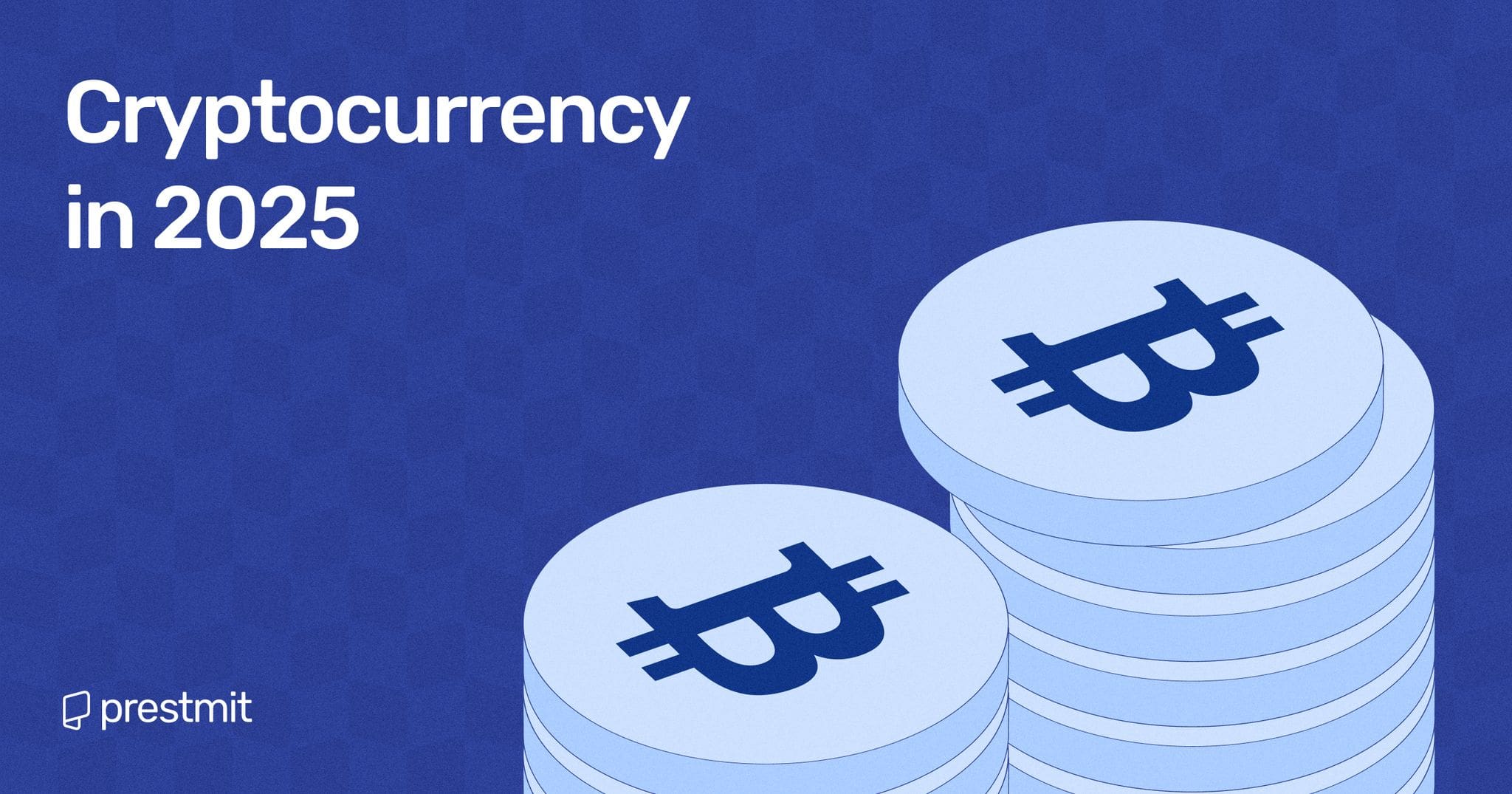Nintendo Switch 2: Cross-Generational Gaming and the Future of Handheld Consoles
As we journey deeper into the realm of portable gaming, the excitement continues to build around the rumored release of the Nintendo Switch 2. Recent whispers in the gaming community suggest that the next installment in the beloved handheld series will incorporate cross-generational capabilities, particularly highlighted by the Pokémon franchise’s upcoming titles. This revelation brings a wave of curiosity and mixed emotions, prompting me to reflect on what this means for the future of handheld gaming.
Cross-Gen Gaming: A Double-Edged Sword
The mere mention of cross-generation support is, arguably, a departure from what we typically hope for in the next iteration of a console. While it’s fantastic to see Nintendo embracing backward compatibility—much akin to what Sony and Microsoft have done with their latest hardware—the notion also leaves me pondering the limitations it may pose.
Nintendo has crafted a legacy of groundbreaking innovations, from the original Game Boy to the DS and Switch. I used to marvel at how each new generation pushed the boundaries of what handheld gaming could accomplish. However, with cross-gen games, I can’t help but wonder if the Switch 2 will fall short of our expectations in terms of performance and performance.
“If there’s any truth to this information, we are witnessing a pivotal moment in handheld gaming.”
One of the biggest draws of upgrading to more powerful hardware is the chance to unlock new creative potentials. But if the majority of the upcoming titles are intended to operate across generations, how much progress can we realistically anticipate?
 Flowing into the future of portable gaming
Flowing into the future of portable gaming
The Impact of Hacks on Gaming Culture
Recently, the gaming community has been rocked by a wave of controversial hacking incidents. While it’s easy to brush off these breaches as mere nuisances, they often illuminate underlying industry uncertainties. For instance, Game Freak’s chaotic unveiling of future titles elicited both intrigue and concern. Yes, it’s fascinating to learn that they’re indeed working on a new Pokémon game. However, are we prepared for the invasion of privacy that comes with such revelations?
The impact of these hacks on companies like Nintendo should not be underestimated. History teaches us that they won’t take these violations lightly. Recall the time when an individual was hit with a staggering $14.5 million fine for piracy. Given this precedent, it’s evident that hackers have essentially poked a bear. As the gaming landscape evolves, the need for securing our beloved games and developers’ innovations has never been more critical.
Streaming: A Necessity or a Luxury?
As streaming continues to permeate various fields of entertainment, my intrigue intensifies about its role in gaming. Microsoft’s pivot to streaming as the future of gaming isn’t surprising; they’re responding to declining console sales. However, with myriad connectivity issues still present, I find it hard to believe that we’ll see a robust future through Azure clouds.
Consider the practicality of gaming on the go. Can we truly expect to enjoy immersive worlds when our connection might falter? The primary allure of streaming lies in its convenience, but I fear that players may be willing to overlook performance issues just for ease of access, similar to how we’ve abandoned physical media.
Can we trust streaming to deliver on its promises?
The Enigma of PlayStation 5
The latest reader contributions regarding the PlayStation 5 have reignited discussions about its success and lingering issues. While some critics deem it the least impactful console in the PlayStation lineage, I see an enigma—a product that might evolve into something profound in its lifecycle. Media speculation regarding its lifespan, exclusive titles, and potential for single-player experiences leaves many scratching their heads, including myself.
In retrospect, the PS5 could find itself in a similar narrative to that of the Wii. Initially loved for its innovation, the Wii became overshadowed and largely forgotten as time marched on. Will the PS5 overcome these challenges and redefine what players expect from modern consoles, or will it fall victim to its own hype?
What lies ahead for the PlayStation 5?
Anticipation Turns to Loss
As I reminisce about the devices and experiences I’ve cherished, a recent personal ordeal came rushing to the forefront of my mind: losing my beloved Steam Deck OLED during my vacation in Norway. As I was traversing the picturesque landscapes, my precious handheld was left behind on a bus, a shocking realization that still haunts me.
Purchasing my Steam Deck came with much excitement, and I often relied on it more than my PlayStation 5. The guilt of misplacing it leads me to question features I once adored. Still, that unfortunate incident has inspired me to look towards upgrades. Contemplating new devices, such as the ASUS ROG Ally X, brings hope for more powerful systems that can offer seamless gaming experiences.
The Fate of Destiny
As the gaming industry treads these uncertain waters, one can’t help but speculate about the fate of franchises like Destiny. Bungie’s new mobile title is either a salvage operation or a sign of impending doom. If the project fails, it could signify Destiny’s decline, leaving us with a sense of melancholy and lost potential. Conversely, if it succeeds, the question looms: Will Sony see Destiny merely as a revenue stream, stripping away its artistry?
In conclusion, the gaming landscape stands at a crucial juncture, with cross-gen capabilities and streaming technology promising to reshape our future. But as we embrace these changes, let’s not forget to uphold the craftsmanship and creativity that have always defined our favorite pastimes.
 Paving the path for gaming’s next chapter
Paving the path for gaming’s next chapter
We’ll be keeping a close eye on developments across the industry as we navigate this ever-evolving journey together.


 Photo by
Photo by 












